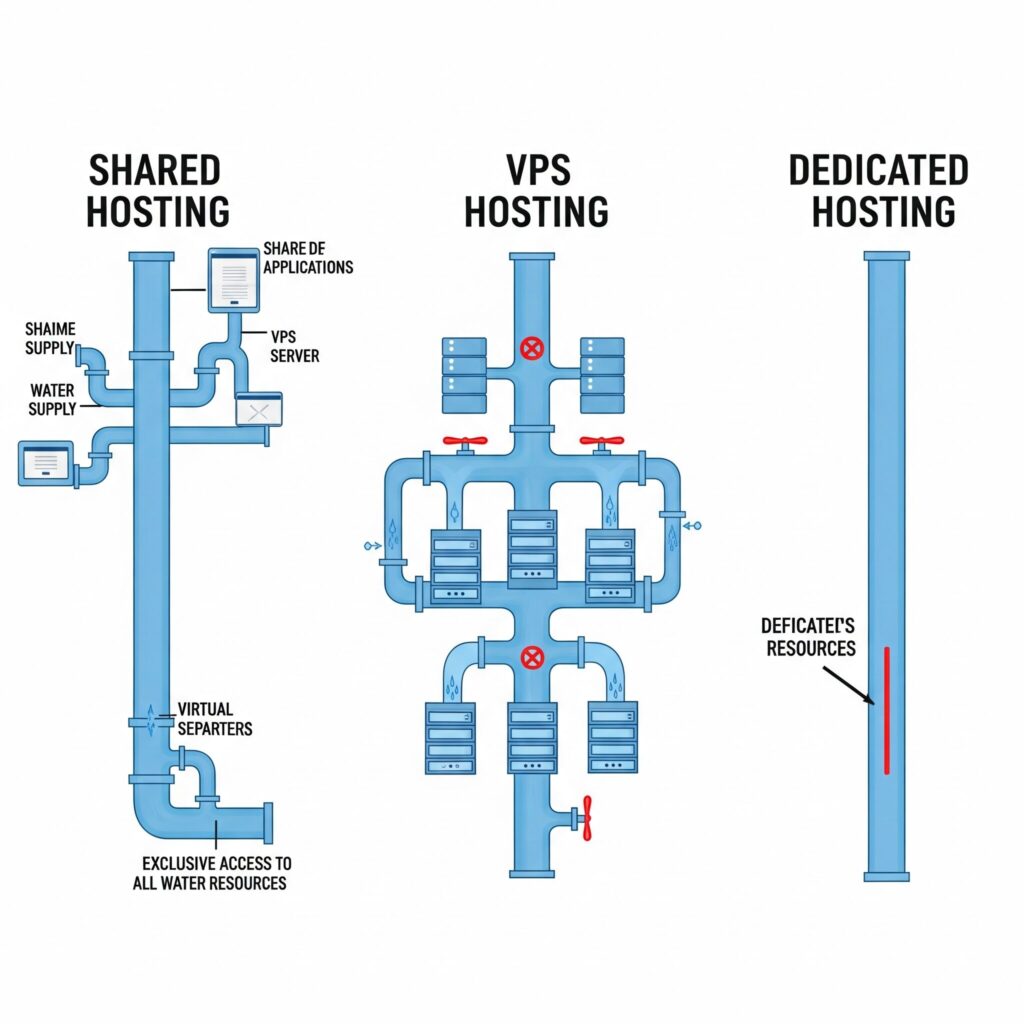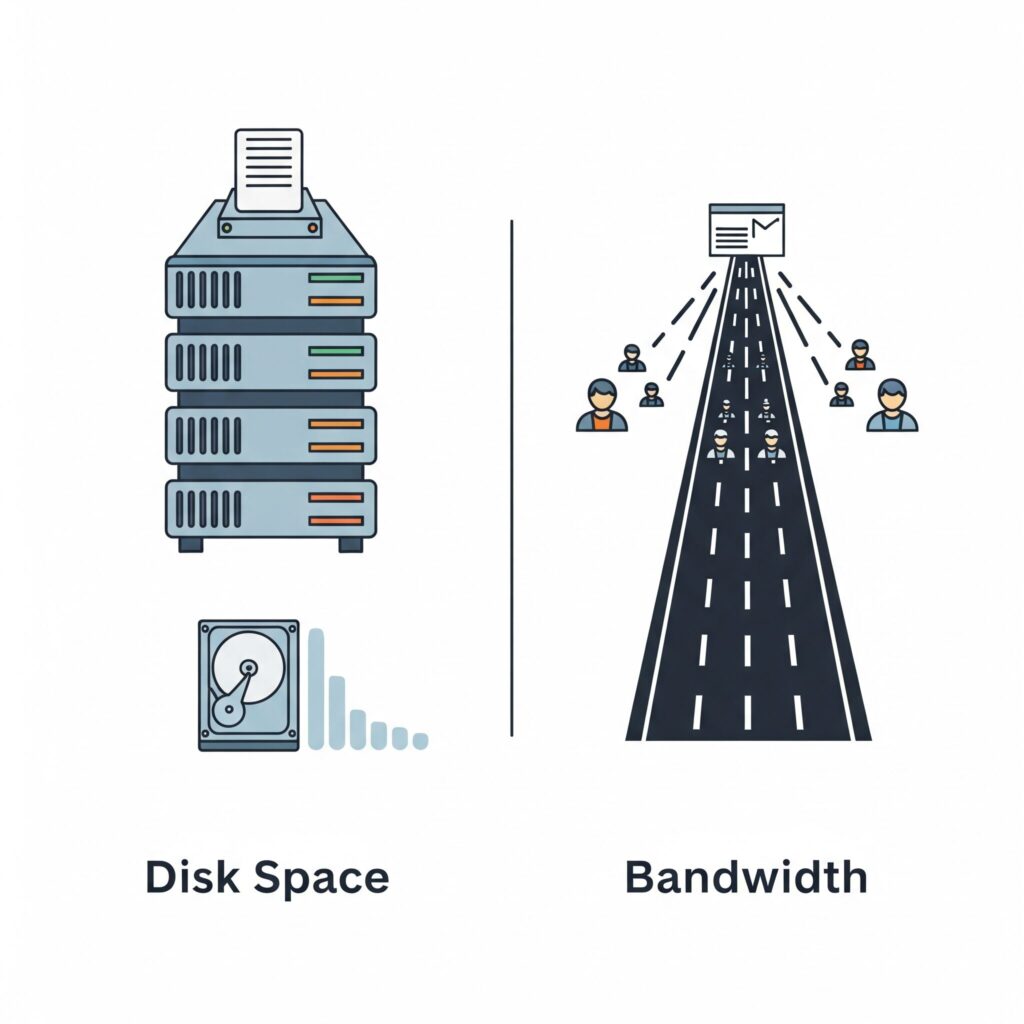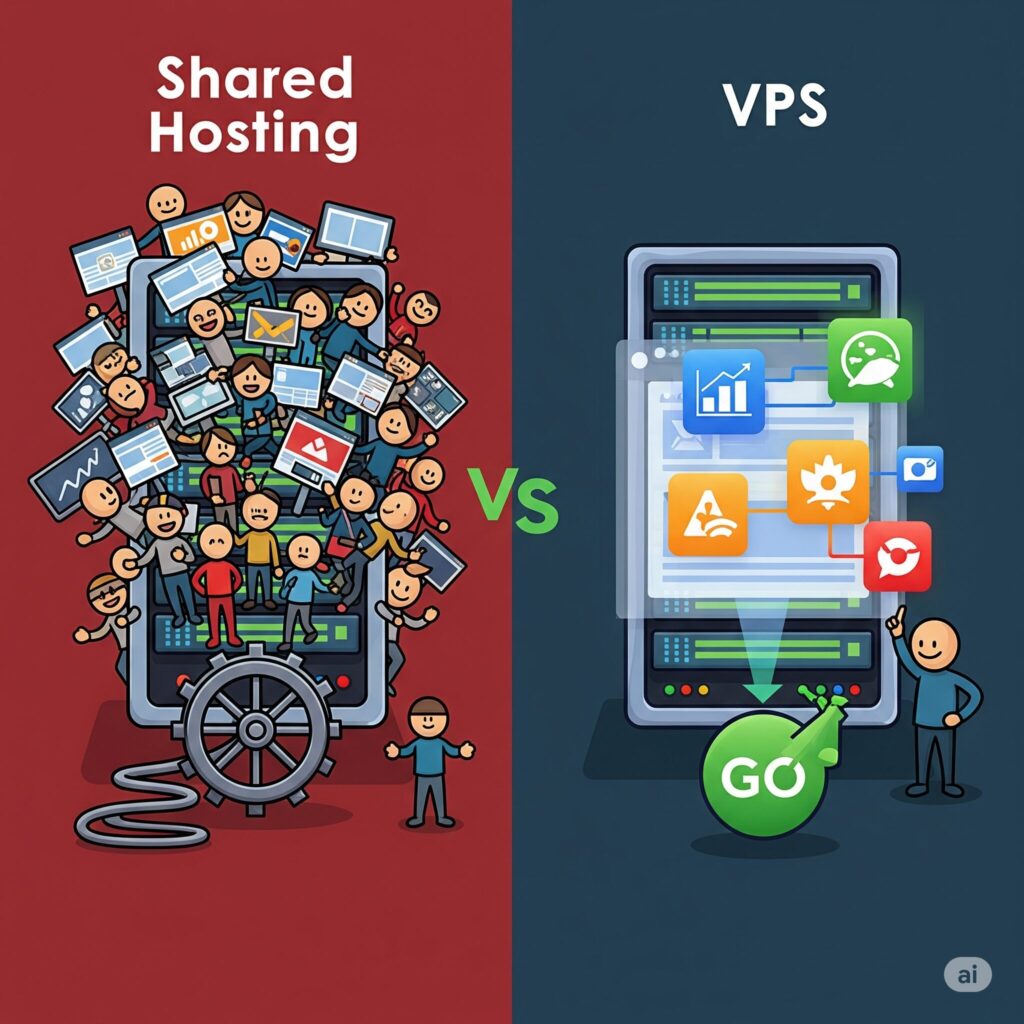Table of Contents
ToggleFree vs. Paid SSL Certificates: Which One Is Right for Your Website?
In today's web, an SSL certificate isn't just a nice-to-have; it's a necessity. It enables HTTPS, securing the connection between your website and your visitors, protecting their data, and boosting your SEO rankings. But with both free and paid options available, which one should you choose?
✅ Free SSL Certificates (like Let's Encrypt)
Free SSL certificates, pioneered by organizations like Let's Encrypt, have made the web a much more secure place. They provide basic encryption and are incredibly popular, offered by most modern hosting providers with one-click installation.
Pros:
- Completely Free: There is no cost to issue or renew the certificate.
- Strong Encryption: Provides the same level of encryption (the padlock in the browser) as most paid certificates.
- Automated & Easy: Most hosts automate the installation and renewal process, making it effortless for website owners.
Cons:
- Domain Validation Only: They only verify that you own the domain name. They do not verify the identity of your business or organization.
- Short Validity Period: Typically valid for only 90 days, requiring frequent (though usually automated) renewals.
- No Warranty or Support: They come with no financial warranty against data breaches and no dedicated customer support.
Best for: Blogs, personal websites, portfolios, and small business sites that don't handle sensitive transactions.
💳 Paid SSL Certificates (OV & EV)
Paid SSL certificates are issued by Certificate Authorities (CAs) and offer higher levels of trust and validation. They come in a few varieties, mainly Organization Validation (OV) and Extended Validation (EV).
Pros:
- Higher Levels of Trust: Organization Validation (OV) and Extended Validation (EV) certificates require the CA to vet your business, proving you are a legitimate legal entity.
- Display Business Name: EV certificates used to display the company's name in a green address bar (though most browsers have phased this out, the verified details are still visible in the certificate information).
- Financial Warranty: They include a warranty that protects your customers for a certain amount of money if they suffer a loss due to a flaw in the certificate.
- Dedicated Support: You get customer support from the Certificate Authority.
Cons:
- Cost: They can range from around $50 to several hundred dollars per year.
- Complex Vetting Process: The validation process for OV and EV certificates can be lengthy and requires submitting business documentation.
Best for: E-commerce websites, financial institutions, and any business that handles sensitive customer information like credit card numbers or health records.
At-a-Glance Comparison
| Feature | Free SSL (Let's Encrypt) | Paid SSL (OV/EV) |
|---|---|---|
| Cost | Free | $50 - $500+ per year |
| Validation Level | Domain Only | Domain, Organization, & Extended |
| Trust Signal | Basic (Padlock) | High (Verified Business Info) |
| Warranty | None | Yes (Often $10k - $1.5M+) |
Conclusion: Which is Right for You?
➡️ For the vast majority of websites—including blogs, portfolios, and small business sites—a Free SSL certificate is perfectly sufficient. It provides the essential encryption needed to protect your users and satisfy browser requirements.
➡️ You should invest in a Paid (OV or EV) SSL certificate only if you run a large e-commerce store or handle highly sensitive user data. The added layer of business validation and the financial warranty can provide crucial peace of mind for your customers.







